Friday, October 25, 2013
Posting #5 Prohibition
Major Theme: The rationale behind prohibition.
Rumblings of Prohibition were heard for decades in Canada and the United States in the 1800s. Early attempts to “dry out” both countries failed, but by the time World War One erupted in 1914, citizens took a different view of prohibition. Temperance groups, farmers, churches and women armed with new-found voting rights rallied together to fight for a ban on alcohol. Their campaigns, protests, parades and lobbying, plus the call to close “all distilleries and breweries as a non-essential industry for the war effort”, noted Art Jahns in WalkervilleTimes.com, led to bans on the importation, manufacture and transportation of liquor. The Canadian and provincial governments (except Quebec) enacted the new policies in 1918. The Volstead Act of 1919 in the United States enacted similar laws. The general public agreed.
Canadian law was reversed soon after, with a repeal of the wartime measures act in 1919. Distilleries and breweries reopened; Canadians were free to manufacture and sell liquor across the provinces and to countries without prohibition in force. As for America prohibition would not be repealed until 1933.
Was prohibition difficult to enforce?
What effects did lobbyist groups like the WCTU have on implementing Prohibition? What were the names of the other groups advocating for prohibition in Canada? What were their reasons for supporting such initiatives?
Do you feel that prohibition was a worthwhile initiative? Would you support such a law in today’s society? Are there currently countries in the world with prohibition style laws? What about the use of marijuana, do you think that it should be legalized?
This blog posting is now open and will close Nov 14th at 11pm
The following students are to participate in this posting: Brittany M, Thomas S, Cameron W, Shayna W, Glen V, Uel S, Kate S, Luke R.
Required reading pages 87-89 in your text
Subscribe to:
Post Comments (Atom)

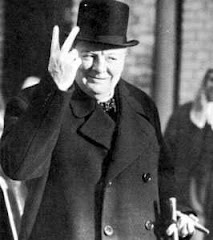
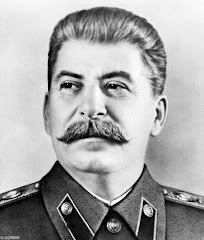
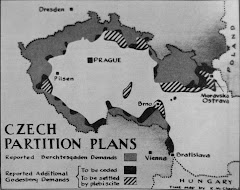
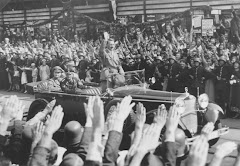

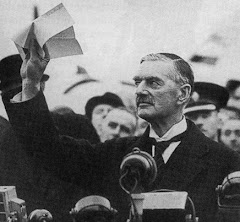
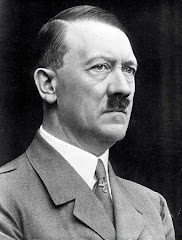




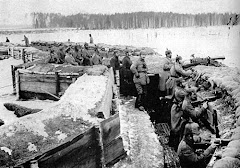


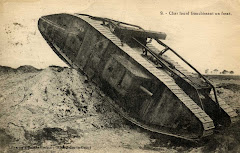



6 comments:
Prohibition was very hard to enforce, many people wanted to drink and, even though prohibition was the abolishment of alcohol, it was easy to get your hands on. Another reason that prohibition was hard to enforce were the mobsters, who paid off many of the police precincts, Court workers, and were very dangerous to deal with if you got on their bad side.
Prohibition also didn't stop people making alcohol in their basement (moonshine), this would be difficult for police to find (due to needing a warrant). Also bootleggers (smugglers) started organized crime, and were the pioneers of speakeasies (illegal bars). Therefore Prohibition was difficult and in some ways naive to enforce.
Prohibition was hard to enforce because even though the law was in place people still made alcohol & went to speakeasies, so it was very hard to control. I believe that in today's society prohibition would not be accepted due to the fact that there are already many laws about alcohol. I believe that marijuanna should not be legalized even just for medical purposes because with all the other drugs there is no need for this type of drug. In conclusion, prohibition was very hard to control & was ineffective for more then a year in Canada.
I agree with the standpoint that prohibition would not work due to the many laws already in place about alcohol, however I disagree about Kate's standpoint on the legalization of marijuana, I believe that with the right medical studies that it could be useful, although not as a substance to smoke, the marijuana plant's chemicals have proven to be of great help medically to many patients.
Prohibition was next to impossible to enforce, alcohol was still very easy to get. Police who were supposed to be enforcing the law were consuming it. The mobsters were what kept the law so hard to enforce because they were smuggling alcohol from Canada and bringing back into the U.S, commonly known as bootlegging. The bootleggers started private bars called speakeasies and they were very easy to find. Basically anyone who wanted alcohol, could get alcohol which made the law very hard to enforce
I understand where Glen is coming from yet with the medical technology we have today there shouldn't be a need for this type of medical marijuanna and it would lead to people faking prescription in order to "turn up" which they already do when it's illegal, so if it were legal it would be used as solely a non medical drug
I agree with Cameron how prohibition was next to impossible to enforce. These laws were made, but not at all followed by the public because so many people, men in particular, turned to alcohol as a stress reliever and a way to deal with hard times and when there is a habit built you will do anything to feed it. The society also had a really easy access to alcohol as well because there was smuggling rings and speakeasies that were hidden from police. Just because there was a law against it didn't mean that people were going to just stop drinking. This is also very similar to today's day and age. There are laws that say you have to be a certain age to be able to drink and purchase alcohol , but even high school students have access to it and are abusing it often. I believe that the effort of enforcing prohibition was pointless. Even thought this law was created for good causes such as money going towards families rather than booze and better production at work places, the people who wanted it bad enough just did it anyways so it really didn't solve any problems.
Post a Comment